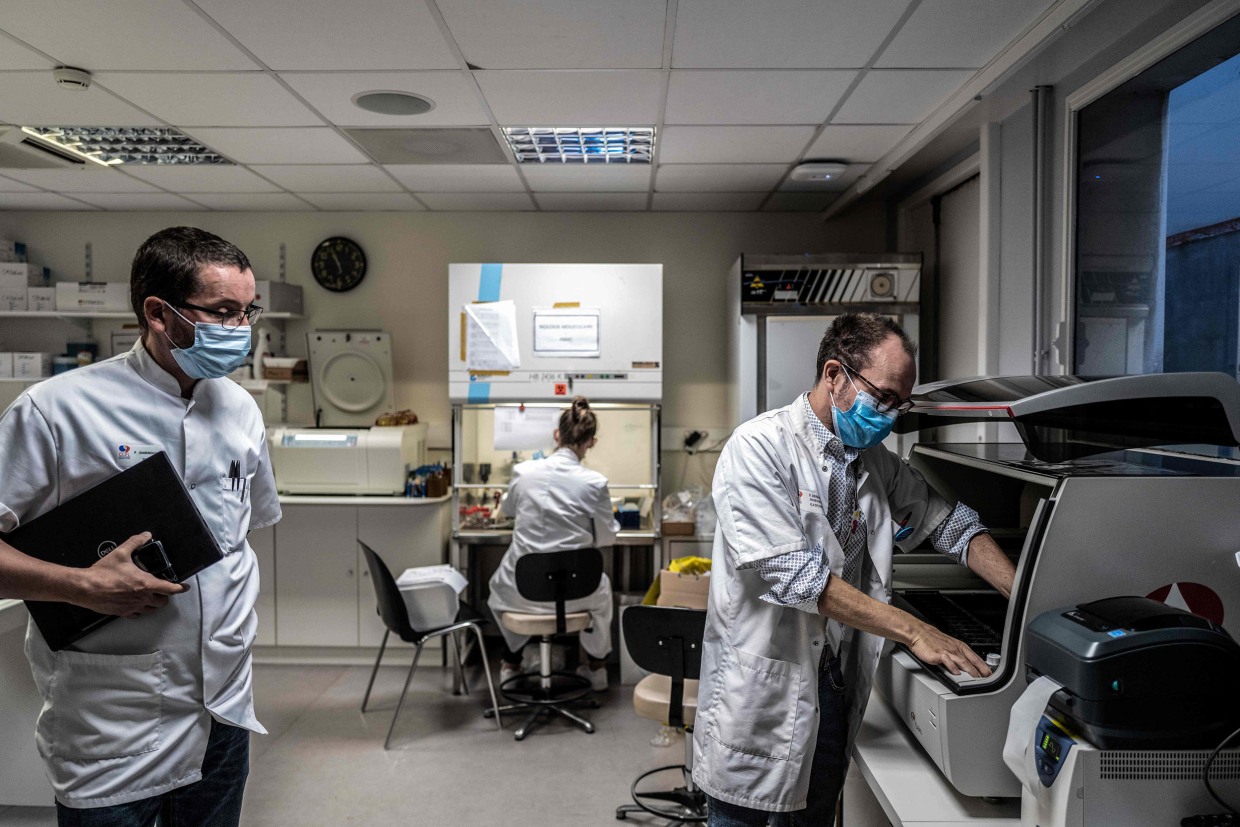

- There has been a substantial decrease in the number of cancer research projects funded between 2019 and 2020, a drop of 32%
- The lifetime value of the projects funded in 2020 was £1.29bn, a drop of 57% compared to the lifetime value of the projects funded in the previous year, which was £3.03bn
New figures from the National Cancer Research Institute (NCRI) show that fewer new cancer research projects were funded in 2020/21. This is the first time NCRI’s cancer research funding database has shown a drop in funding caused by the Covid-19 pandemic.
The lifetime value of new projects has decreased by 57%. The NCRI is concerned that the amount spent on cancer research will continue to decline over the next five years if this trend continues. This decline in funding will significantly impact the ability to improve outcomes for people affected by cancer.
Data collected by NCRI shows that in the financial year 2020/21, NCRI Partners spent a total of £634m on cancer research. This is a decrease of 9% compared to 2019/20. The five years before the Covid-19 pandemic showed an upward trend in cancer research spending.
The Covid-19 pandemic has had a substantial financial impact on cancer research funders, specifically charity funders. Charity funders have done everything possible to ensure that funding committed before the pandemic has been honoured. But this has meant less funding to allocate to new research.
Speaking about the decrease in cancer research funding, Dr. Iain Frame, CEO, NCRI, said:
“While a 9% decrease in the amount spent on cancer research is alarming, we are concerned that it doesn’t reflect the full impact of the Covid-19 pandemic. This is because several NCRI Partners made tough decisions during the Covid-19 pandemic to maintain their research funding commitments, including moving priorities away from other areas and making redundancies.
There has been a substantial decrease in the number and lifetime value of new cancer research projects funded. As current projects come to an end, we could see a continued decrease in spending on cancer research over the coming years.”
Some of the areas that saw the most substantial decreases in funding by NCRI Partners include research into cancer prevention and cancer control, survivorship and outcomes. Specific cancer types that saw large decreases in funding include bladder cancer, neuroblastoma and cancer of the small intestine. Breast cancer, colorectal cancer, lung cancer, leukaemia, prostate cancer and pancreatic cancer remain the cancer types that receive the most funding.
Reflecting on the past two years, Dr. Chris MacDonald, Head of Research at NCRI Partner Pancreatic Cancer UK, said:
“As the pandemic struck, we were forced to contemplate the unthinkable – not being able to fund any research into the deadliest common cancer for many years.
Instead, the financial challenges have only stiffened our resolve and made us think more clearly than ever about where we must continue to invest. We’re able to keep investing strategically in innovative projects and bring forward our support for the most promising early career scientists. In such uncertain financial times, those vital professors of the future may have otherwise had to abandon their careers before they could help us make the lifesaving breakthroughs we desperately need.
We owe a huge debt of thanks to everyone who rallied to us during Covid-19 It’s because of them that this year we’re able to invest more money in pancreatic cancer research than ever before.”

